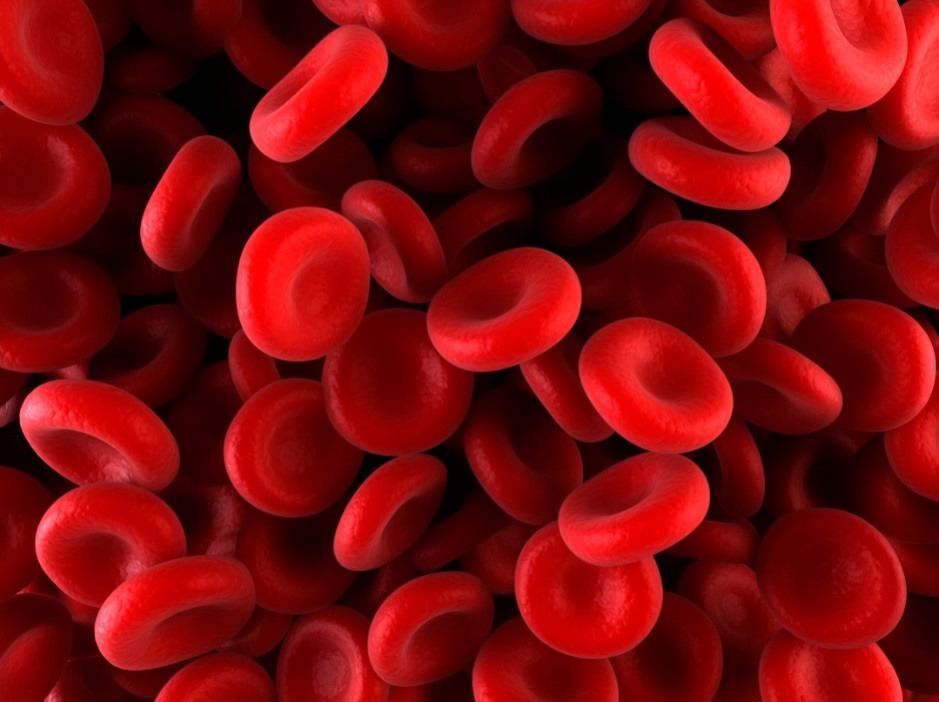Article
Lab-grown blood used in clinical trial
Posted on the 8th November 2022

Blood grown in a laboratory has been used in humans in a history-making clinical trial.
The UK-based RESTORE project used tiny amounts of red blood cells produced from stem cells that were then transfused into volunteers on a randomized, controlled trial to assess how they perform inside the body.
While the bulk of blood transfusions will always rely on donors supplying blood, it is hoped that, if proved safe and effective, manufactured cells could eventually revolutionize treatments for people with blood disorders such as sickle cell who require regular transfusions.
The ‘grown’ blood could also prove invaluable for those with rare blood types such as the ‘Bombay’ blood group, which currently only has three units in stock in the whole of the UK.
The RESTORE project focuses on the red blood cells that carry oxygen from the lungs to the rest of the body and uses magnetic beads to fish out flexible stem cells that can become a red blood cell.
These stem cells are then grown in large numbers in the labs and guided to become red blood cells.
In total, the process takes around three weeks and can produce up to 50 billion red blood cells from half a million stem cells.
These are then filtered down to around 15 billion red blood cells that are at the right stage of development for transplant.
Two people have already taken part in the trial, which aims to test the blood of at least 10 healthy volunteers. They will get two donations of 5-10mls four months apart – one of normal blood and one of lab-grown blood.
The blood has been tagged with a radioactive substance, often used in medical procedures, so scientists can see how long it lasts in the body.
While revolutionary, the process is considerably more expensive than the average blood donation which costs the NHS around £130.

